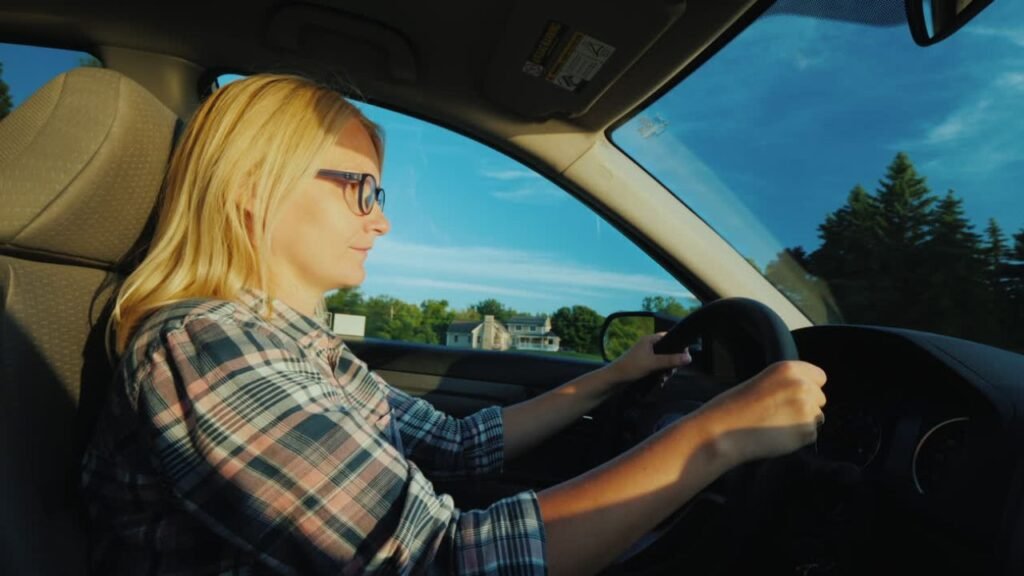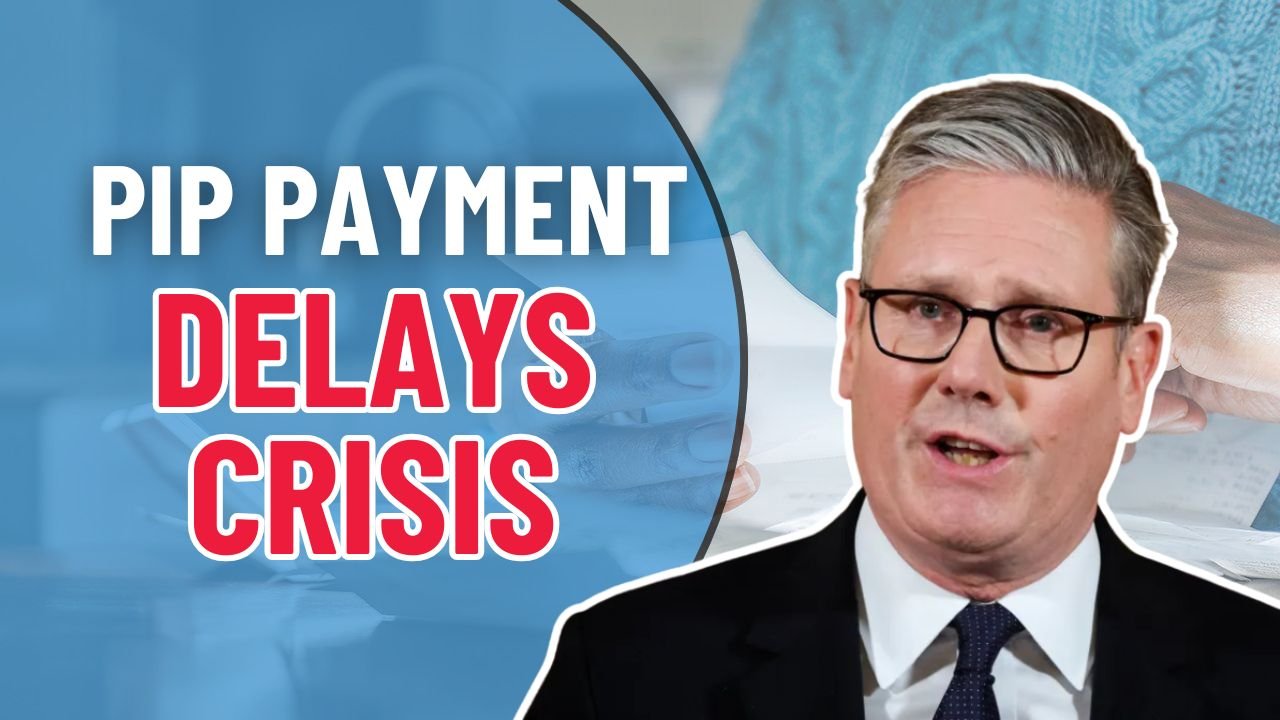Ohio has updated its licensing rules to require formal driver training for all new drivers under the age of 21. Starting July 2025, this reform mandates driver education courses and supervised driving practice for individuals aged 16 to 21. The changes aim to improve road safety, reduce traffic accidents, and establish consistent licensing standards for young adults.
The updated law closes a gap that previously allowed drivers aged 18 to 21 to obtain a license without formal training. By requiring structured instruction and hands-on driving experience, Ohio aims to better prepare young drivers for real-world conditions and reduce preventable crashes.
Table of Contents
Standardized Requirements for Young Drivers
Under the new rules, all first-time license applicants aged 16 to 21 must complete a certified driver’s education program and 50 hours of supervised driving with a licensed adult. At least 10 of these hours must take place at night to provide experience in low-visibility and high-risk conditions.
Previously, only drivers under 18 were required to complete these steps, while those aged 18 to 21 faced no formal training requirements. Adults over 21 remain exempt from driver education and supervised practice.
| Age Group | Previous Requirements | New Requirements (Effective July 2025) |
|---|---|---|
| 16-17 | Driver’s Ed + 50 supervised hours | No change |
| 18-21 | No formal training | Driver’s Ed + 50 supervised hours |
| 21+ | No training required | No change |
Supervised Driving Focuses on Real-World Experience

All supervised driving must be conducted with an adult aged 21 or older holding a valid license. Practice should cover highways, city streets, rural roads, and different weather conditions. The law requires maintaining a signed driving log documenting all hours, which must be submitted to the Ohio Bureau of Motor Vehicles (BMV) before the road test.
Key aspects of supervised driving include:
- Completing 50 hours of driving practice
- At least 10 hours of night driving
- Supervision by an adult aged 21+
- Logging all hours and submitting the log to the BMV
These requirements are designed to ensure young drivers gain experience in a variety of traffic situations, preparing them for safe independent driving.
Schools Support Driver Education Through Excused Absences
Ohio law also requires schools to provide excused time for students attending driver education classes outside the public school curriculum. Students may be excused for up to eight hours to participate in private driver training programs, provided that core academic subjects are not missed.
| Provision | Details |
|---|---|
| Maximum Excused Time | 8 hours |
| Applies To | Students attending private driving schools |
| Restrictions | Core academic subjects cannot be missed |
This provision makes it easier for students to fulfill training requirements without disrupting their academic progress or extracurricular commitments.
Broad Support from Public Safety Advocates
Driving instructors, safety experts, and parents have voiced strong support for the updated rules. Many note that young adults aged 18 to 21 often enter high-pressure driving situations with insufficient preparation. The structured training program is expected to build confidence, improve decision-making on complex roads, and reduce the likelihood of accidents.
Preparing for Implementation Across Ohio
With the law effective in July 2025, driving schools statewide are updating curricula to meet the new requirements. The Ohio BMV advises students and parents to enroll early in driver education programs and maintain accurate logs of supervised practice hours. Officials anticipate that these reforms will enhance road safety and provide a consistent, comprehensive training framework for all young drivers in the state.
FAQ
Q1: Who must complete the new driver training?
A1: All first-time license applicants aged 16 to 21 must complete driver education and supervised driving hours.
Q2: How many supervised driving hours are required?
A2: A total of 50 hours, including at least 10 hours at night, supervised by a licensed adult aged 21 or older.
Q3: Do schools have to allow time off for driving classes?
A3: Yes, schools must excuse up to eight hours for private driver education without interfering with core academic subjects.
Q4: Are drivers over 21 required to complete these programs?
A4: No, individuals over 21 remain exempt from driver education and supervised driving requirements.
Q5: When does the new law take effect?
A5: The law becomes effective in July 2025.



